You probably don’t buy light bulbs very often, and if you buy a ton of them all at once, you may wonder how long you can store the unused bulbs. Do light bulbs expire, and what is their shelf life?
In general, light bulbs do not expire, and they can have an exceptionally long shelf life. To maintain unused light bulbs, store them properly so that they do not break. Keep the bulbs in their original box and in a safe place.
If you know how to take care of your light bulbs, you won’t have to worry about throwing out unused bulbs and you’ll be able to stock up for years to come. But, in order to do that, you’ll want to know a few more things.
Table of Contents
Do Light Bulbs Expire?
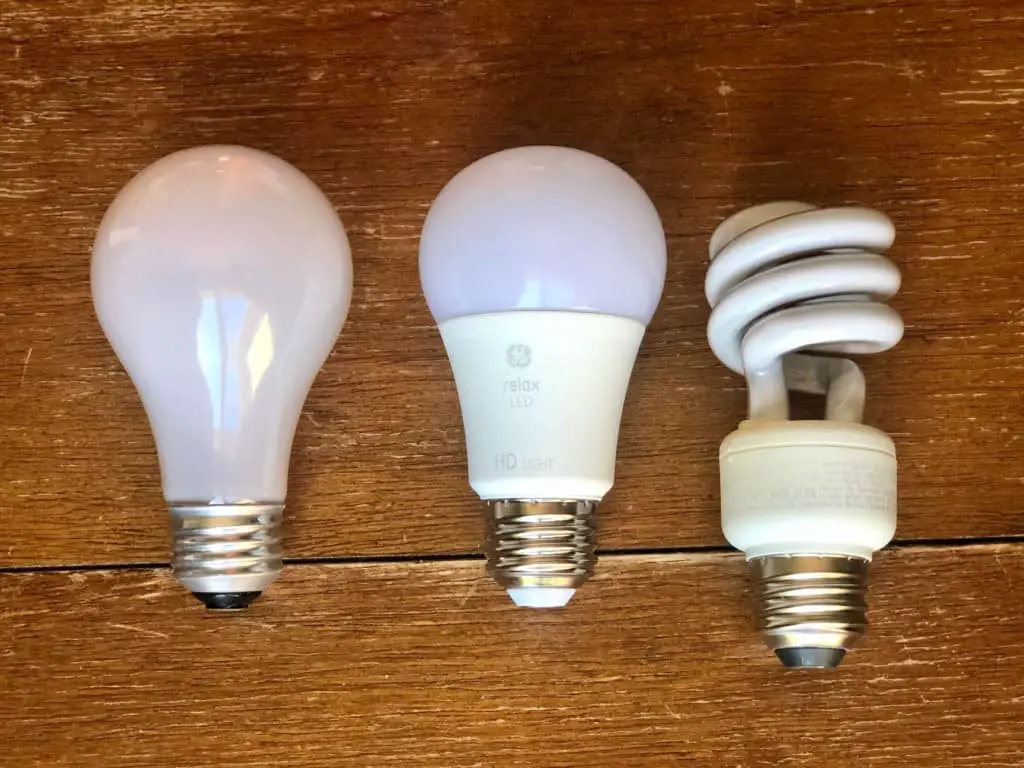
Generally, you can expect an unused light bulb to work even if you’ve had it for years.
Some unused incandescent light bulbs work decades after they were made. So, if you are concerned about a light bulb you got a few years ago, it should be fine.
Light bulbs do have a lifetime usage rating. For example, yours might be rated to last five years. However, that lifetime rating starts the first time you turn the bulb on.
In other words, how much you use the bulb, is much more important than how old it is. Outside of age, unused bulbs can also get broken or damaged by environmental conditions.
For example, the filament inside an ordinary lightbulb heats up to several thousand degrees. If oxygen gets into the lightbulb, it will cause the filament to burn up in less than a minute.
And, just like when you’re storing paper towels and toilet paper, moisture can cause problems over time.
How to Store Unused Light Bulbs
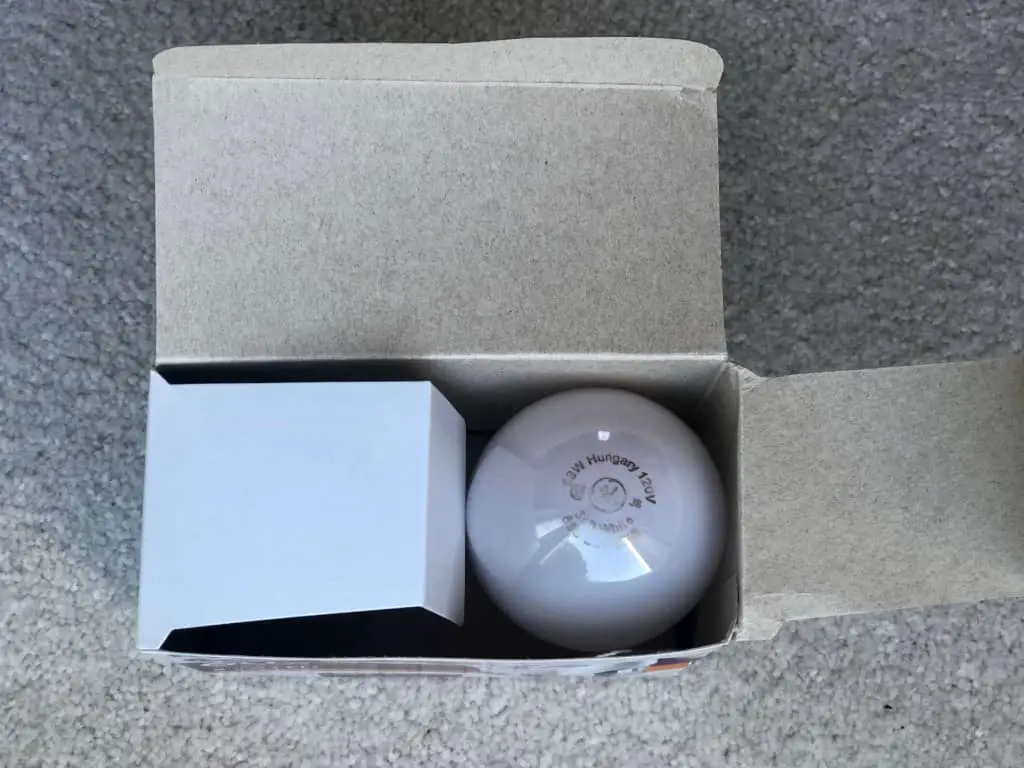
To determine if an individual light bulb has or will expire, you should consider its condition. As long as you’ve taken care of it, a bulb can be usable years or decades later.
- You should keep any unused light bulbs in a dry place. Avoid putting them in your kitchen cabinet where things might spill.
- Be sure to keep your light bulbs away from pets and children, both for their safety and the light bulb’s condition.
- Ideally, you should keep your light bulbs in a place that you don’t access often. And if you do, they should be out of the way so that you do not have to move them to get to other stuff.
The best spot for you to store your unused light bulbs will depend on your home. You might be able to put them on the top shelf of a linen closet. But perhaps you have a medicine cabinet that you can use.
Either way, make sure you keep the bulbs safe and dry.
Once you decide on a spot to put your unused light bulbs, you should consider how to package them for storage. You don’t need anything fancy, but you do need to protect the light bulbs, potentially for years.
Packaging Unused Light Bulbs
If you have the original box that the light bulbs came in, that is a good option. It has the right design to keep your light bulbs apart from each other. But if you do not want to use it or don’t have it, you can make a similar box for your bulbs.
Take a cardboard ornament box or beverage container and place a bulb in each spot. You can wrap the bulbs in tissue paper for extra protection before you put them in the box. If the box has a lid, tape it shut after you put all the bulbs in.
You can label the box with the wattage and type so that you know what bulbs are in there. Then, make sure you put the box somewhere safe. Avoid putting other items on top as the weight can cause the bulbs to break.
Light Bulb Shelf Life
Once you store your unused light bulbs, you may wonder if you need to keep track of their age. In some cases, it can help you use older bulbs before newer ones. However, many conventional light bulbs don’t have a short shelf life, so you do not need to track the dates.
With different light bulbs available, you may want to consider which is best for you. In some cases, the cost can be a determining factor. Incandescent light bulbs are usually cheaper than other types, so they can be good if you are on a budget.
However, newer types, like LED bulbs, tend to be more energy-efficient and last longer when you use them. Still, there is not a huge difference between the various types when it comes to storing unused light bulbs. Consider the most common types when shopping for light bulbs.
LED Light Bulbs
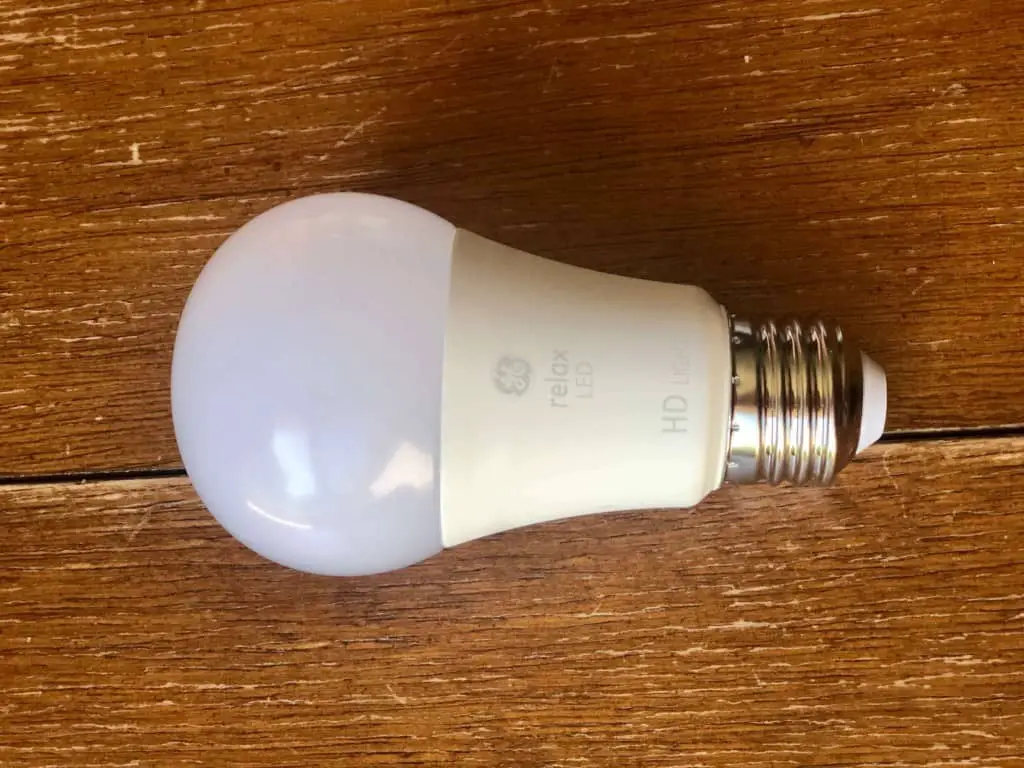
LED light bulbs are fantastic because they are more stable than other types of bulbs. They are waterproof, and most storage options will protect the bulbs without any special care.
Exposure to UV light or high temperatures could damage the coating on the bulb, but that is rare.
Now, it does cost more to purchase LED light bulbs. So, if you do not need to use them immediately, they might not be the right choice for you. After all, you won’t see much of a return on your money if the light bulbs are sitting in a closet for years.
But if you do need a new light bulb and want to stock up, LED bulbs are an excellent option. Again, they won’t expire due to their age, but due to how much they get used.
And when you do need to use them, they will last for years, and they can save you money on your energy bill.
Incandescent Light Bulbs
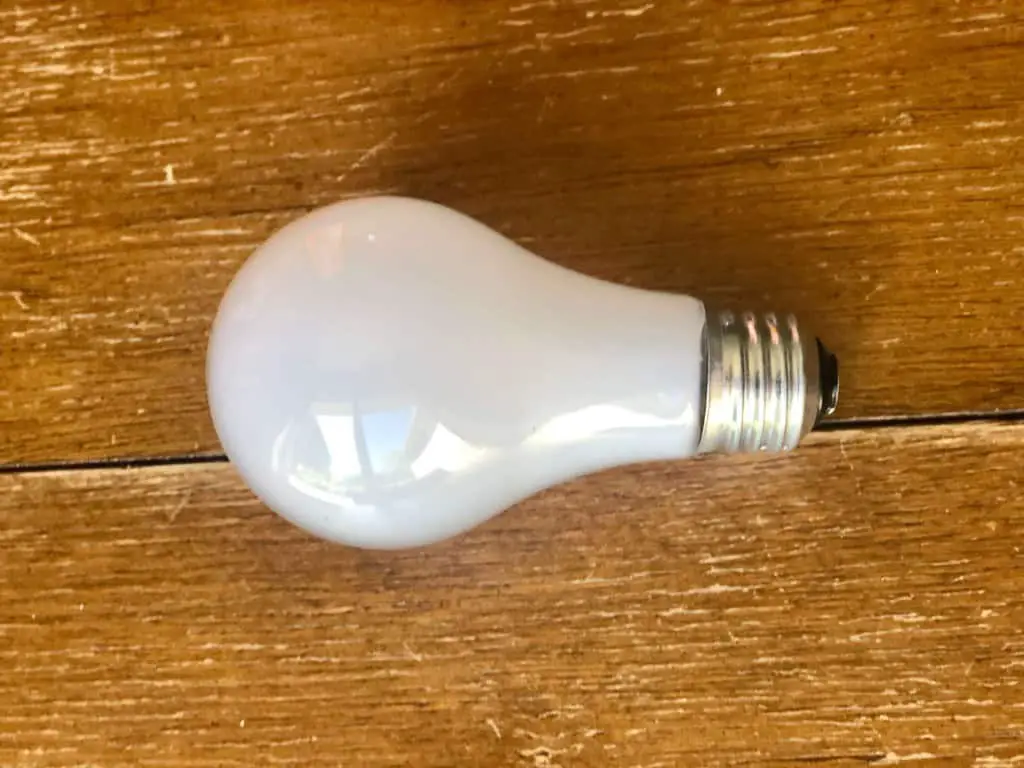
The old tried-and-true light bulb is incandescent, and these bulbs can last for years in storage. However, you need to have the perfect storage conditions to maintain them. If you break or damage the seal on the bulb, it can go bad.
The bulb might also go bad if the filament (inside the bulb) breaks. You might notice that happen if you move the bulb a lot or if it falls. Even if the bulb does not break, the filament can break, which can cause the bulb to go bad.
You can expect incandescent bulbs to last if you store your bulbs away from light and out of the way. You do need to be careful when handling these bulbs, but they are more affordable than LEDs.
CFL Light Bulbs
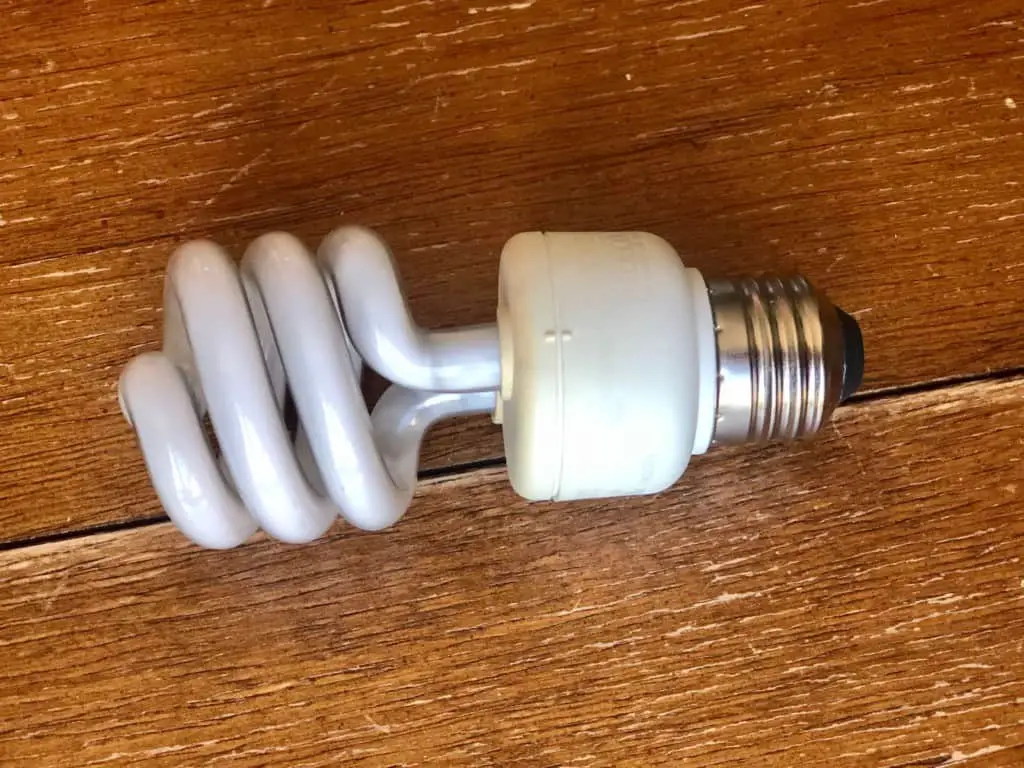
If you know how to store incandescent light bulbs, you can do the same with CFL bulbs. They can last just as long as other light bulbs when you store them correctly.
But you do have to be extra careful because you cannot just throw CFL bulbs in the trash. If a CFL light bulb breaks, the mercury it contains is considered a hazardous material. So make sure you know who to contact if you run into this problem.
In Conclusion
When you need a new light bulb, you may not want to buy just one. Buying a pack can save you money, but you may wonder if you can use the other bulbs later. Luckily, most light bulbs don’t expire, and they have a long shelf life if you take good care of them.
